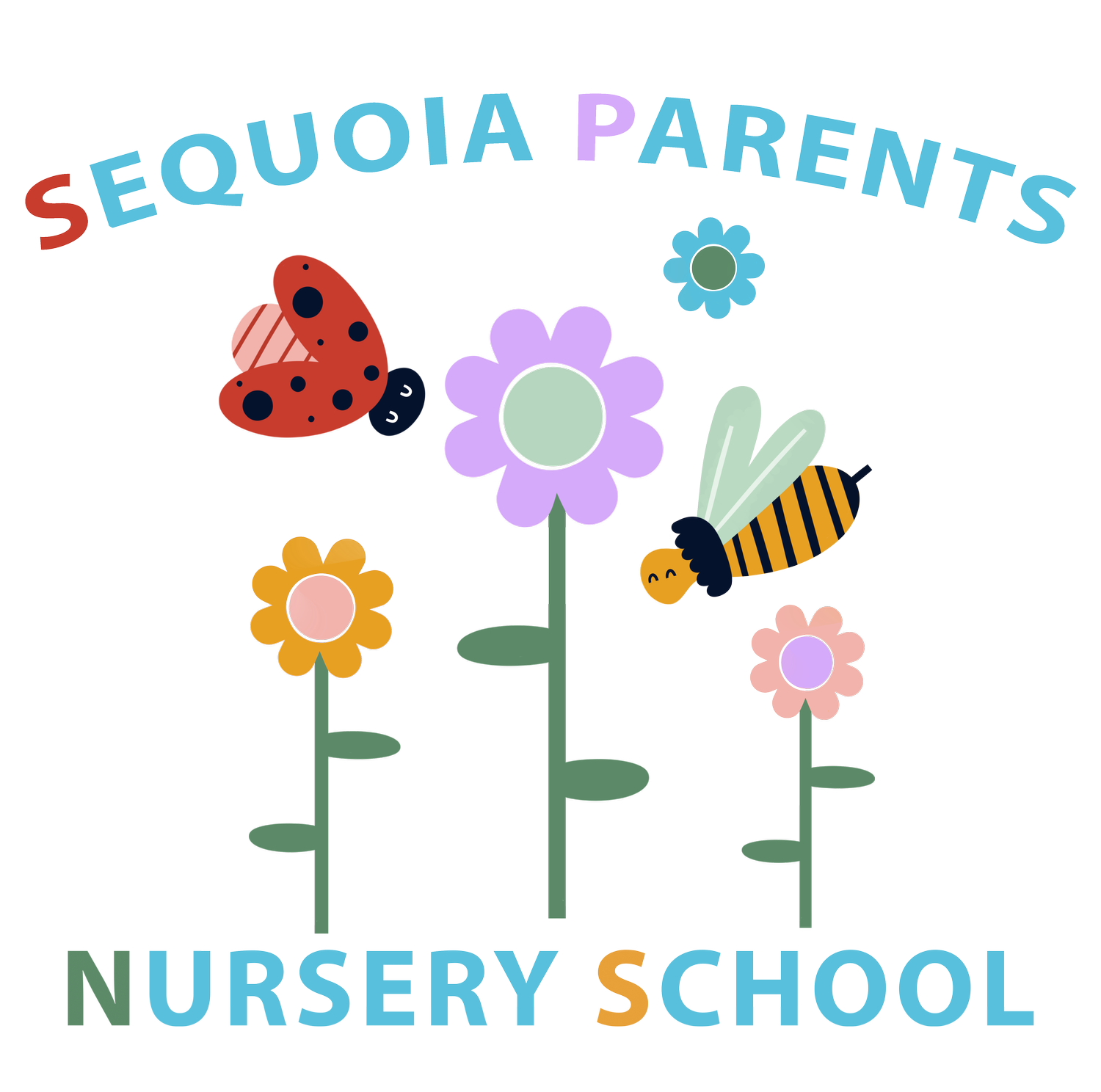Play-based since 1970, Sequoia’s approach allows children to make sense of the world as they explore, practice, and master skills.
We support...
the whole child
- fostering intellectual, physical, social-emotional growth, and language development
“Children cannot play without learning and cannot learn without playing.”
safety
- children thrive in an atmosphere of trust -- they are guided with gentle support in an emotionally and physically safe environment
hands-on experiences
- hands-on learning is how children make discoveries for themselves -- when learning emerges from a context that is engaging and relevant it becomes concrete and meaningful
“Children learn as they play. Most importantly, in play, children learn how to learn.”
respect and inclusivity
- we hold in high regard each individual and each voice, facilitating the resolution of conflicts to cultivate healthy interpersonal connections, and encouraging respect and appreciation for similarities and differences
“Feeling good about ourselves is essential in our being able to love others. ”
self esteem
- a child’s ability to learn is dependent on having a strong sense of self, identity and belonging, meaningful participation nurtures a sense of competence and independence
“It is a happy talent to know how to play.”
learning styles
- recognizing each child has a unique learning style, unique abilities, and a unique developmental growth arc
conflict resolution
- helping children develop social and emotional skills is the heart of our program, practicing empathy, and resolving conflict are core skill we practice at SPNS
- our goal is for everyone to receive support and learn to navigate the feelings that lead to conflict
- we practice paying attention to both verbal and nonverbal communication, responding empathetically, and resolving conflicts without rewards or punishments
- the goal is for all parties to experience fairness and justice, to be heard, and resolve problems with trust and mutual respect
academic skills
- academic skills for preschoolers include speaking & listening (language), early reading and writing, math, science, and creative arts
- at Sequoia, children develop essential skills in a developmentally appropriate way, meaning they are ready and intrinsically interested in concepts such as writing, math, and such. These are learned best through self-directed play, shared reading with adults, and learning from one another
Hands-on, whole-body, playful learning today prepares children for school success tomorrow
A significant portion of the day is dedicated to child-directed free play, and while we establish a daily rhythm that provides children with predictability and consistency. Various elements, such as the morning greeting, circle time, shared snack time, closing circle time, and a goodbye song, provide structure throughout the day.
Large group circle time is where children practice social customs - such as classroom rules, and how to treat classmates. It is where children practice being a part of the social environment.
circle time songs and music encourage group participation, coordination, listening skills, and memorization
rich dramatic play areas provide space for imaginary play fostering a child’s resourcefulness and creativity
art areas offer opportunities for creativity, self-expression, and exploration with a variety of materials
manipulative props and play-dough play exercise fine muscle and finger control needed for forming letters and numbers
book corners and story time promote literacy, reading aloud develops skills of concentration and attention and introduces the wonderful world of literature, language, and imagination
hands-on pre-math and science activities cultivate curiosity and experimentation
open-ended building areas offer children space to make and test hypotheses, practice math & physical concepts, and stretch their imagination
messy play allows children to get their hands dirty, learn cause and effect, use their senses, build motor skills, and new vocabulary
outdoor games and large group play prompt the practice of interpersonal skills, as well as the exercise of large motor skills
climbing, sliding, balancing, jumping from heights, and hanging upside down challenges children, builds awareness of their own body (balance, coordination), boosts confidence, and builds core strength
special classroom visitors or group outings inspire and connect children to the greater community and world
more in-depth print and writing concepts are gently introduced to ready and interested children










